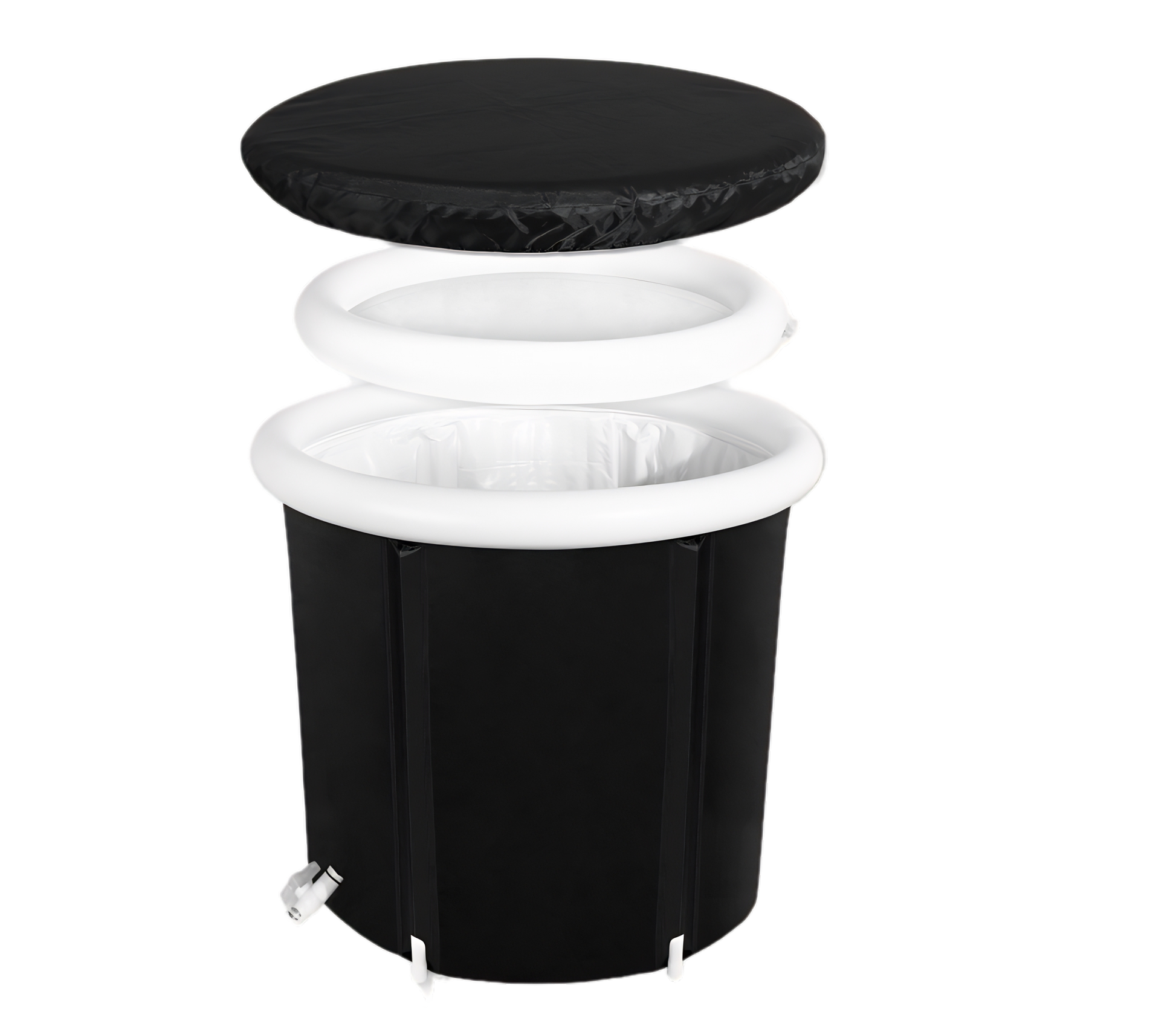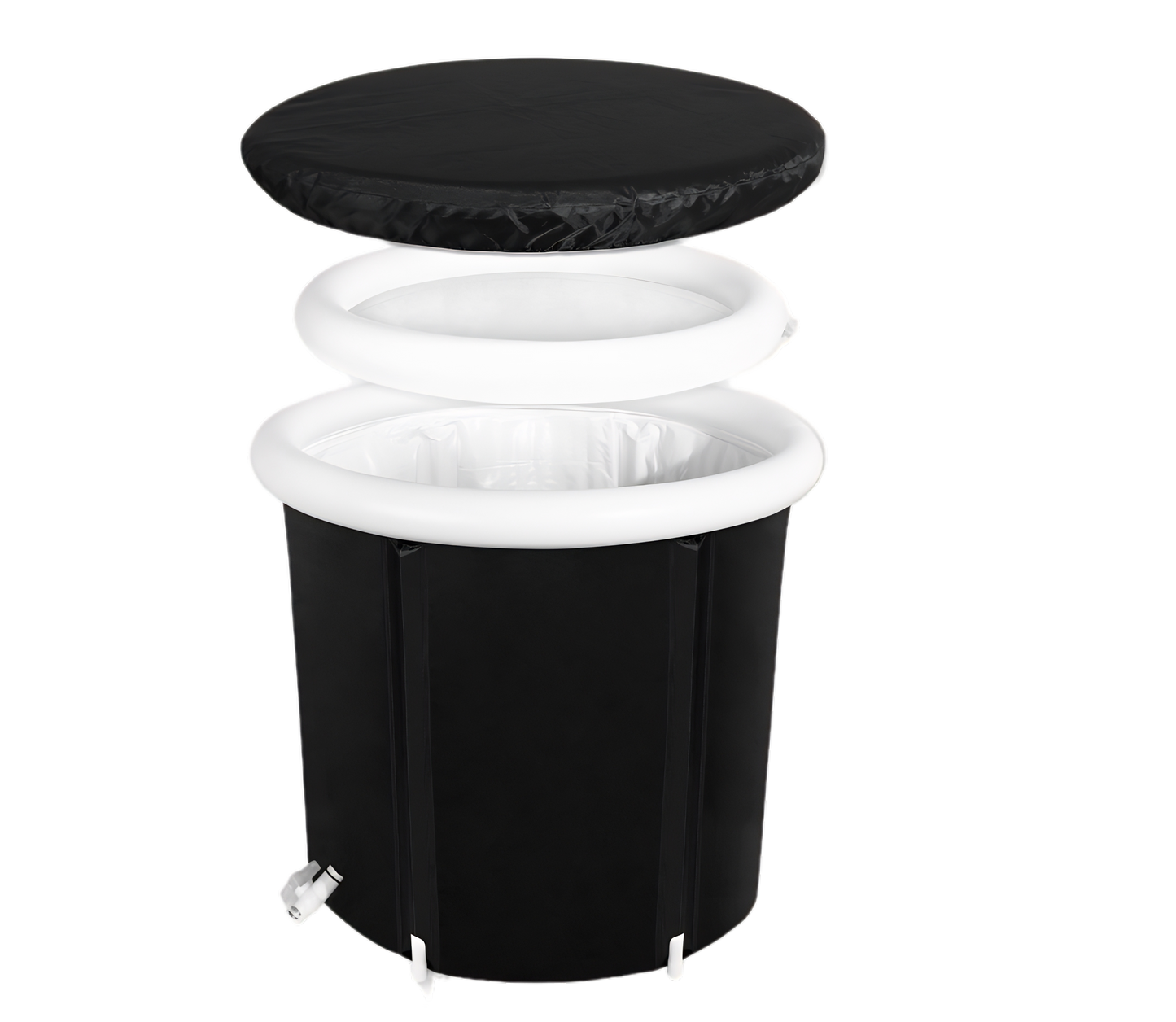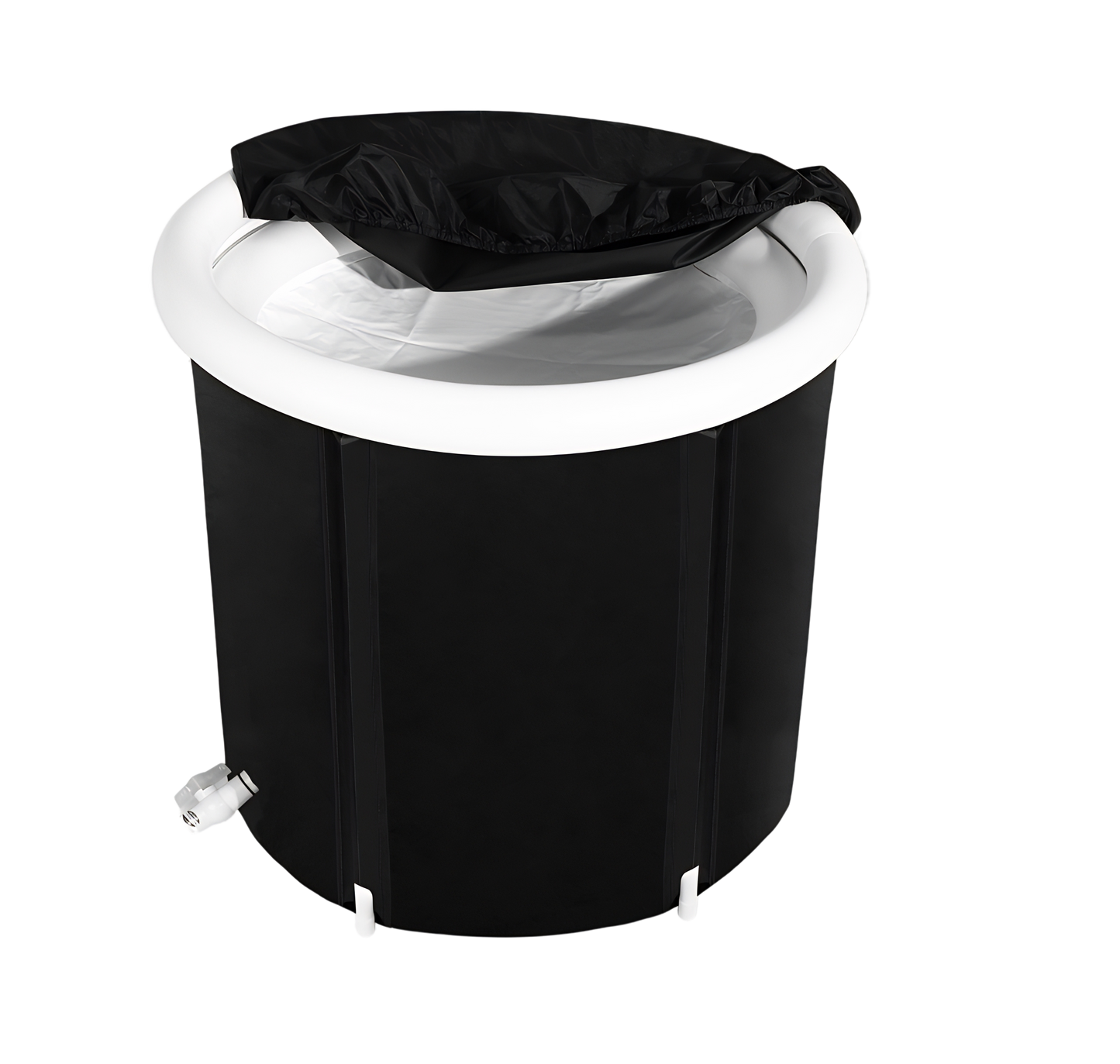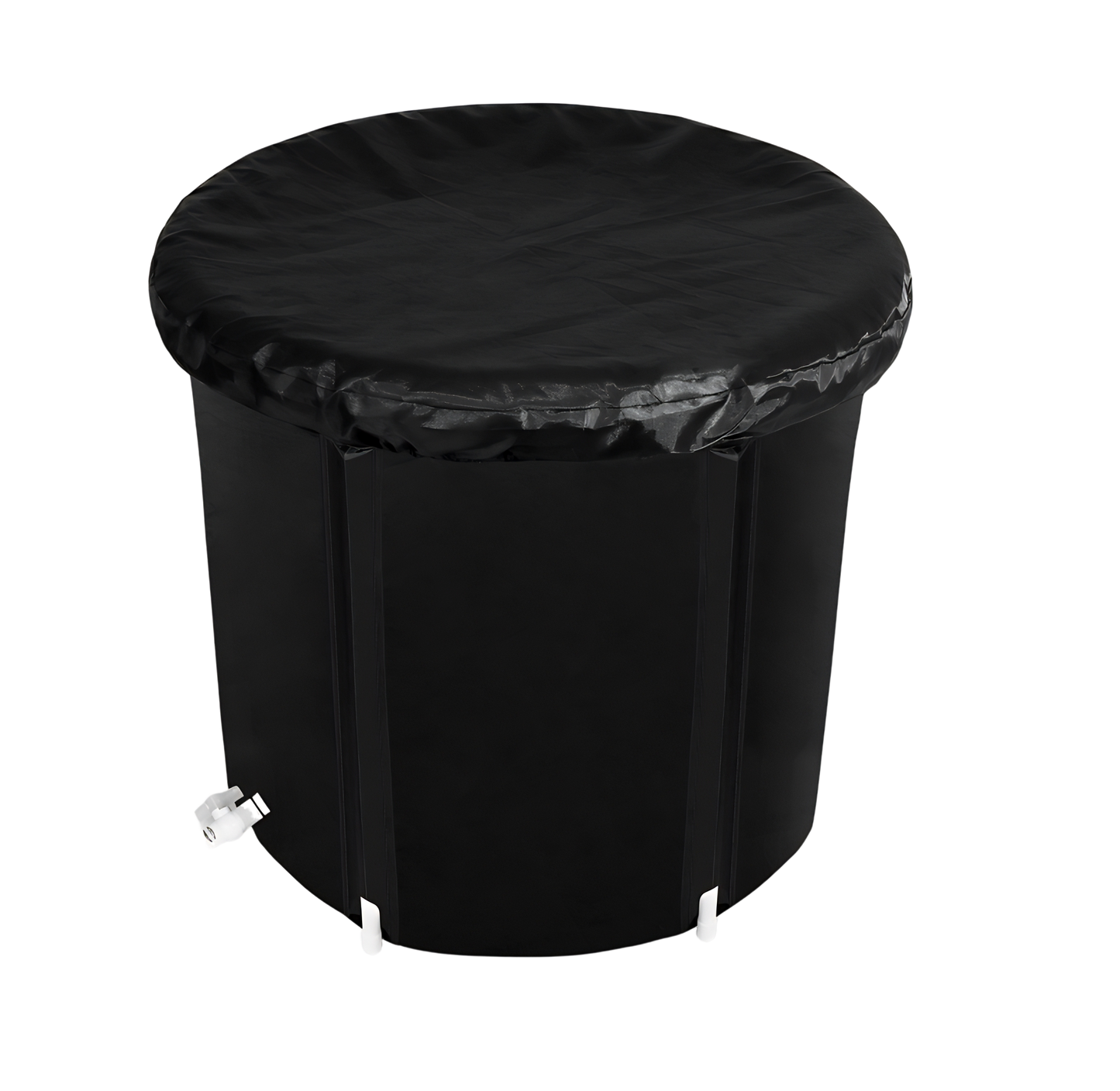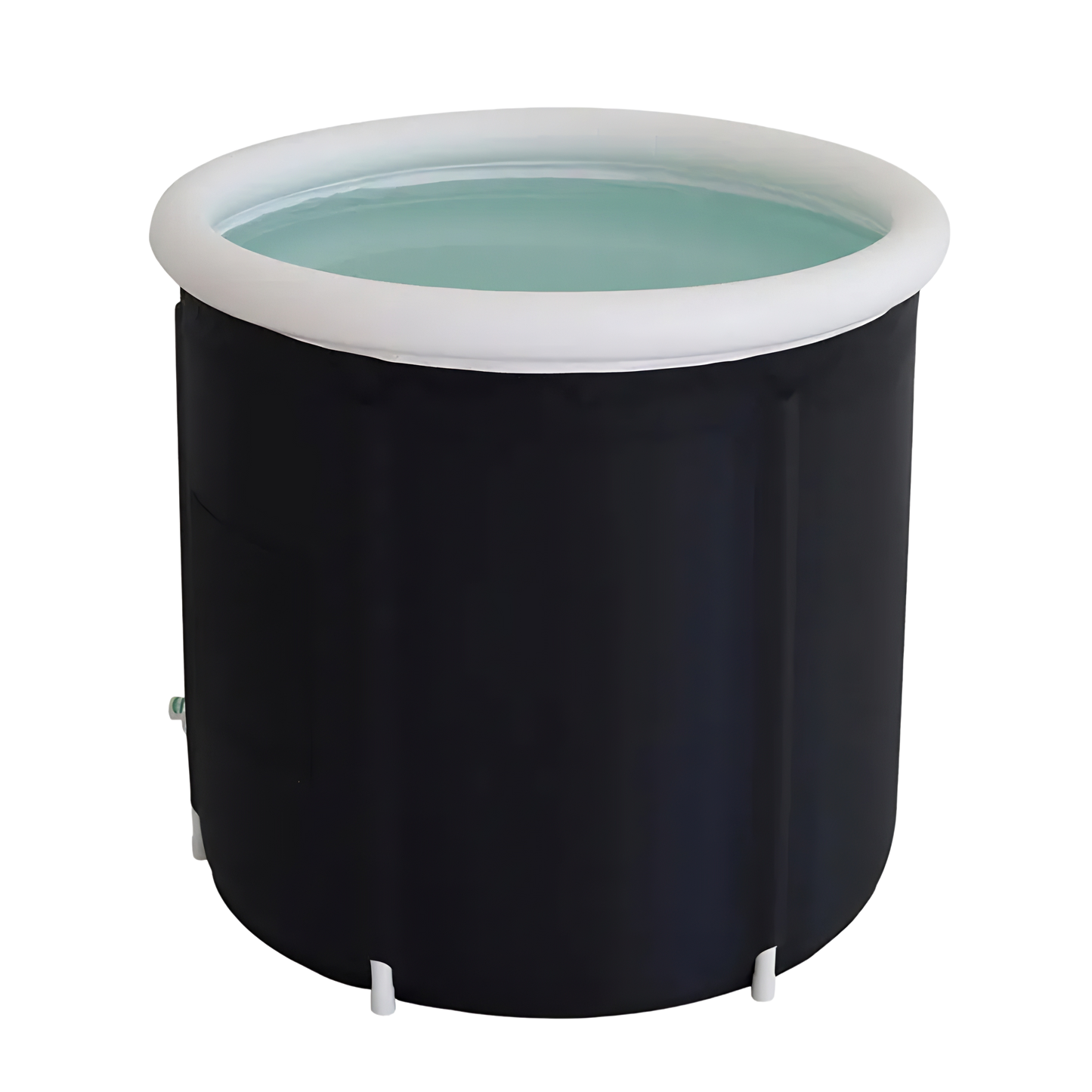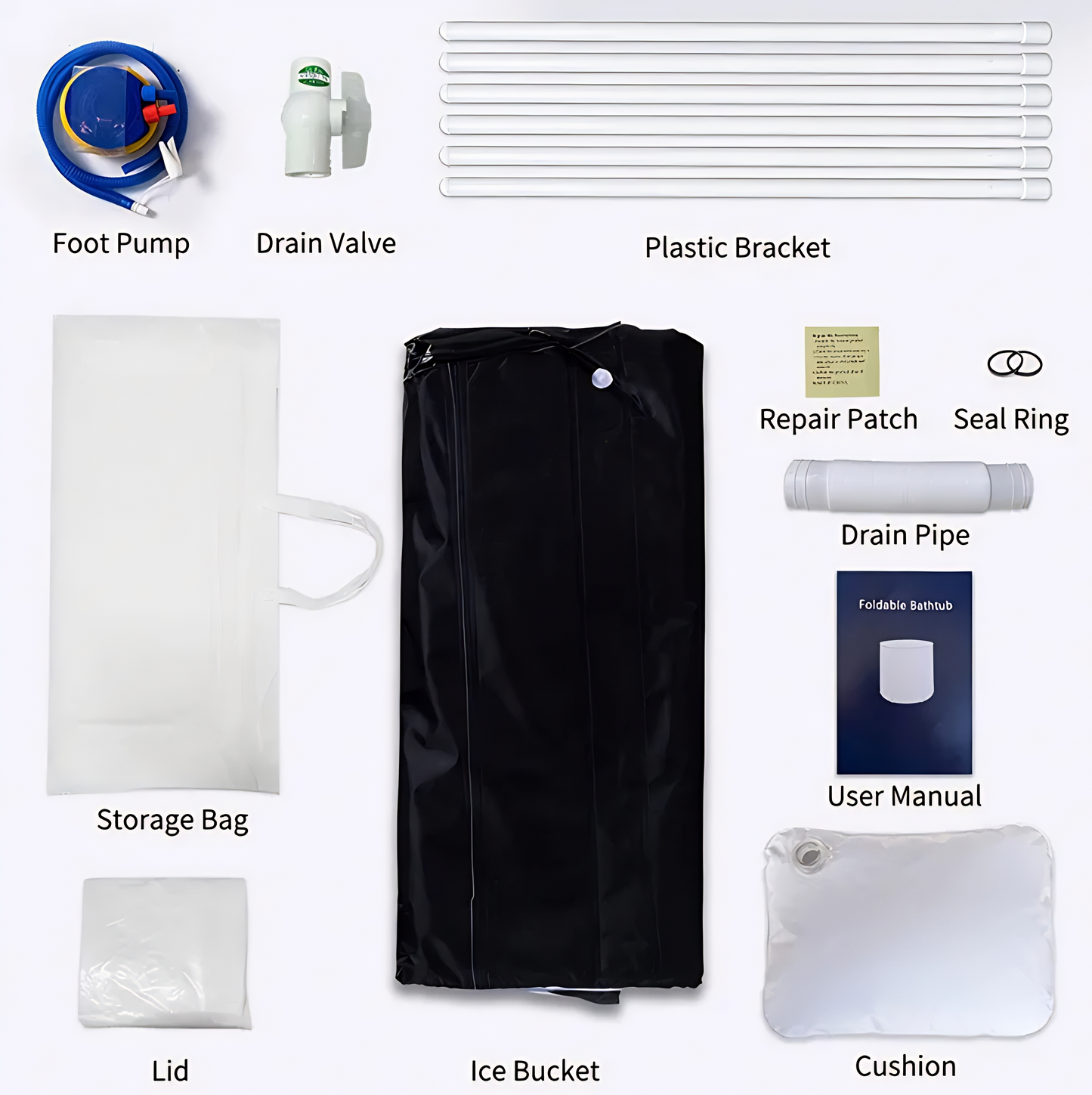Key Takeaways
- Ice baths are renowned for reducing muscle soreness and inflammation after workouts.
- Do ice baths tighten muscles? No, the sensation of muscle tightness after an ice bath is a temporary response to the cold and not a permanent change in muscle tension.
- Research, including a study from Taylor & Francis, indicates that ice baths can alleviate muscle stiffness but don't cause long-term muscle tightening.
-
The body's sensation of tightness post ice bath is short-lived and dissipates as it warms up.
- It's essential to differentiate between the temporary feeling of tightness and genuine muscle tension or contraction.
Introduction
Ice baths, commonly recognized as cold water immersion therapy, have been a cornerstone in the recovery regimens of athletes and fitness aficionados for quite some time. These therapeutic, chilly soaks are not only sought after for alleviating ice baths for muscle pain but also for their extensive benefits. These benefits span from the profound reduction of inflammation to the swift enhancement of muscle recovery after strenuous activities.
A topic that often surfaces in discussions and searches like "do ice baths help tight muscles?" or "what do ice baths do for muscles?" is whether these baths lead to muscle tightening. This article aims to shed light on this subject, integrating scientific findings, firsthand accounts, and expert insights. By the end, readers will have a clearer understanding of questions like "how do ice baths help your muscles?" and whether they play a role in muscle constriction.
Muscle Tension: What Does It Mean?
Osteopath Dr Carl Todd, characterises muscle tension as a physiological condition characterized by the sensation where muscles remain in a semi-contracted or tight state. This sensation can be attributed to a variety of factors such as:
-
Physical Exertion:
- After strenuous activities, muscles can become taut or stiff.
- This can lead to discomfort and, in some cases, reduced mobility or flexibility.
-
Psychological Stress:
- Stress can have physical manifestations.
- Muscles, particularly in the neck and back, often tense up in response to psychological stressors.
-
External Stimuli:
- Factors like temperature fluctuations can influence muscle tension.
- Cold temperatures, for example, might trigger involuntary muscle contractions, resulting in a sensation of tightness.

The Body's Immediate Reaction to Cold
When an individual immerses themselves in cold water, the human body instinctively initiates a series of rapid physiological adaptations to counteract the sudden drop in temperature. One of the most pronounced reactions is vasoconstriction. This process involves the narrowing of blood vessels, particularly those close to the skin's surface, in an effort to minimize heat loss and maintain core body temperature. As a result of this vasoconstriction, there is a reduced blood flow to the skin and underlying muscles. This diminished circulation can manifest as a temporary sensation of stiffness or tightness in the muscles. It's essential to understand that this feeling is a natural and protective response by the body to preserve warmth and is not indicative of any lasting alteration in muscle tension or structure.
Research Insights on Cold Immersion and Muscles
Numerous scientific investigations, including a study published on Taylor & Francis, have explored the impacts of cold water immersion on muscle behavior. This particular study aimed to assess the effects of cold water immersion on symptoms of exercise-induced muscle damage following strenuous eccentric exercise.
While many studies emphasize the advantages of ice baths in alleviating muscle soreness and inflammation, they don't necessarily indicate that ice baths lead to muscle tightening. Instead, the sensation of tightness felt immediately after an ice bath is more attributed to the body's direct response to the cold rather than any enduring alteration in muscle tension.
The Taylor & Francis study further suggests that cold water immersion might reduce muscle stiffness and post-exercise damage after intense eccentric activity. However, it doesn't seem to impact the perception of tenderness and strength loss, which is typical after such activity.
Expert Perspectives on the Subject
Many sports therapists and physiologists have shared their insights on the topic. The consensus is that while there's an undeniable sensation of tightness immediately post ice bath, this feeling is short-lived. As the body returns to its normal temperature post-bath, any feeling of tightness typically dissipates. This transient sensation shouldn't be mistaken for genuine muscle tension or contraction.
Practical Recommendations for Ice Bath Practitioners
For those who swear by ice baths as part of their recovery routine, it's essential to understand their effects on muscles. While ice baths can be immensely beneficial, especially in reducing post-exercise soreness, they don't inherently cause muscles to tighten. To ensure optimal muscle health, it's advisable to combine ice baths with other recovery techniques, such as stretching or foam rolling. This holistic approach ensures that muscles remain supple and free from prolonged tension.
In Conclusion
Ice baths, with their myriad of benefits, don't directly result in muscle tightening. The sensation of tightness post ice bath is more a product of the body's immediate response to cold than any lasting change in muscle tension. As with any wellness practice, it's essential to be informed and understand the effects of ice baths on the body.
Header image: Dudarev Mikhail / Shutterstock

